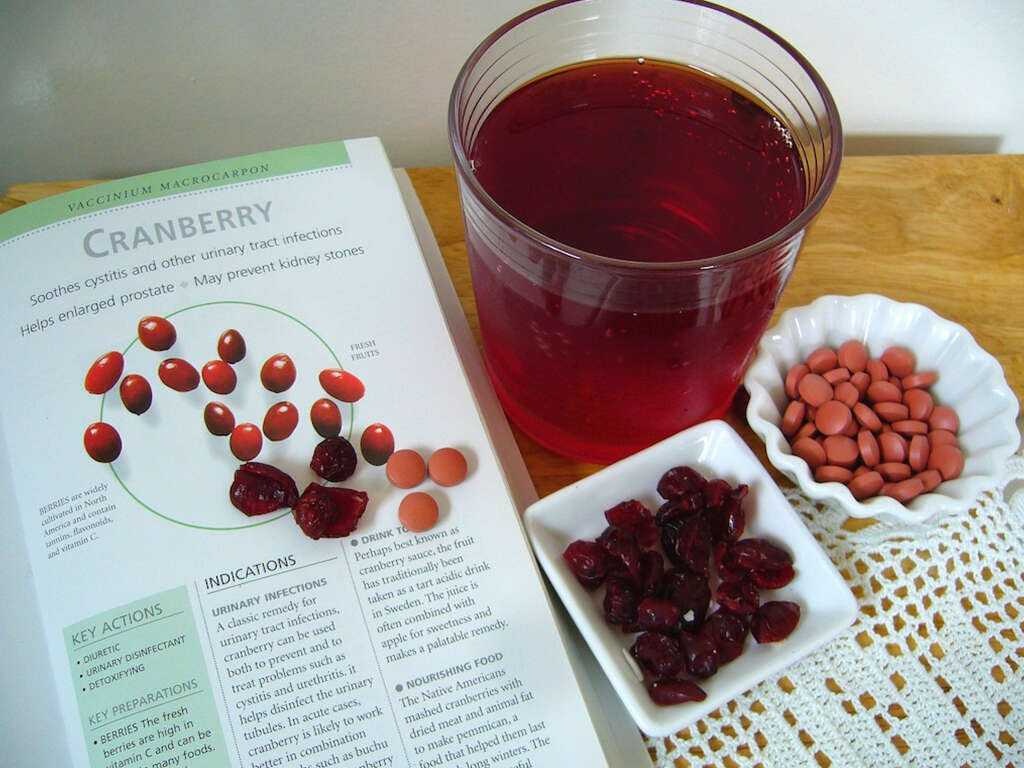Dyspepsia Symptoms, Causes & More
 Article Sources
Article Sources
- 1. Harmon, R Christopher, and David A Peura. ‘Evaluation and Management of Dyspepsia.’ Therapeutic Advances in Gastroenterology, SAGE Publications, Mar. 2010, www.ncbi.nlm.nih.gov/pmc/articles/PMC3002574/
- 2. Madisch, Ahmed, et al. ‘The Diagnosis and Treatment of Functional Dyspepsia.’ Deutsches Arzteblatt International, Deutscher Arzte Verlag, 30 Mar. 2018, [www.ncbi.nlm.nih.gov/pmc/articles/PMC5938438/.](https://www.ncbi.nlm.nih.gov/pmc/articles/PMC5938438/.)
- 3. Pesce, Marcella, et al. ‘Diet and Functional Dyspepsia: Clinical Correlates and Therapeutic Perspectives.’ World Journal of Gastroenterology, Baishideng Publishing Group Inc, 7 Feb. 2020, www.ncbi.nlm.nih.gov/pmc/articles/PMC7015717/
Management Through Lifestyle Changes
The cause and severity of dyspepsia determine how it's managed, which may include lifestyle and dietary changes and medications to address underlying causes. Lifestyle changes may help with mild and infrequent dyspepsia, which includes avoiding dyspepsia-aggravating foods, such as chocolate, fried foods, garlic and onion.
Eating smaller meals and more slowly may help ease indigestion. It might also help to avoid or limit certain beverages, such as soda, alcohol and caffeine. Other potentially helpful lifestyle changes include weight management, smoking cessation and avoiding tight-fitting clothing.
Advertisement










